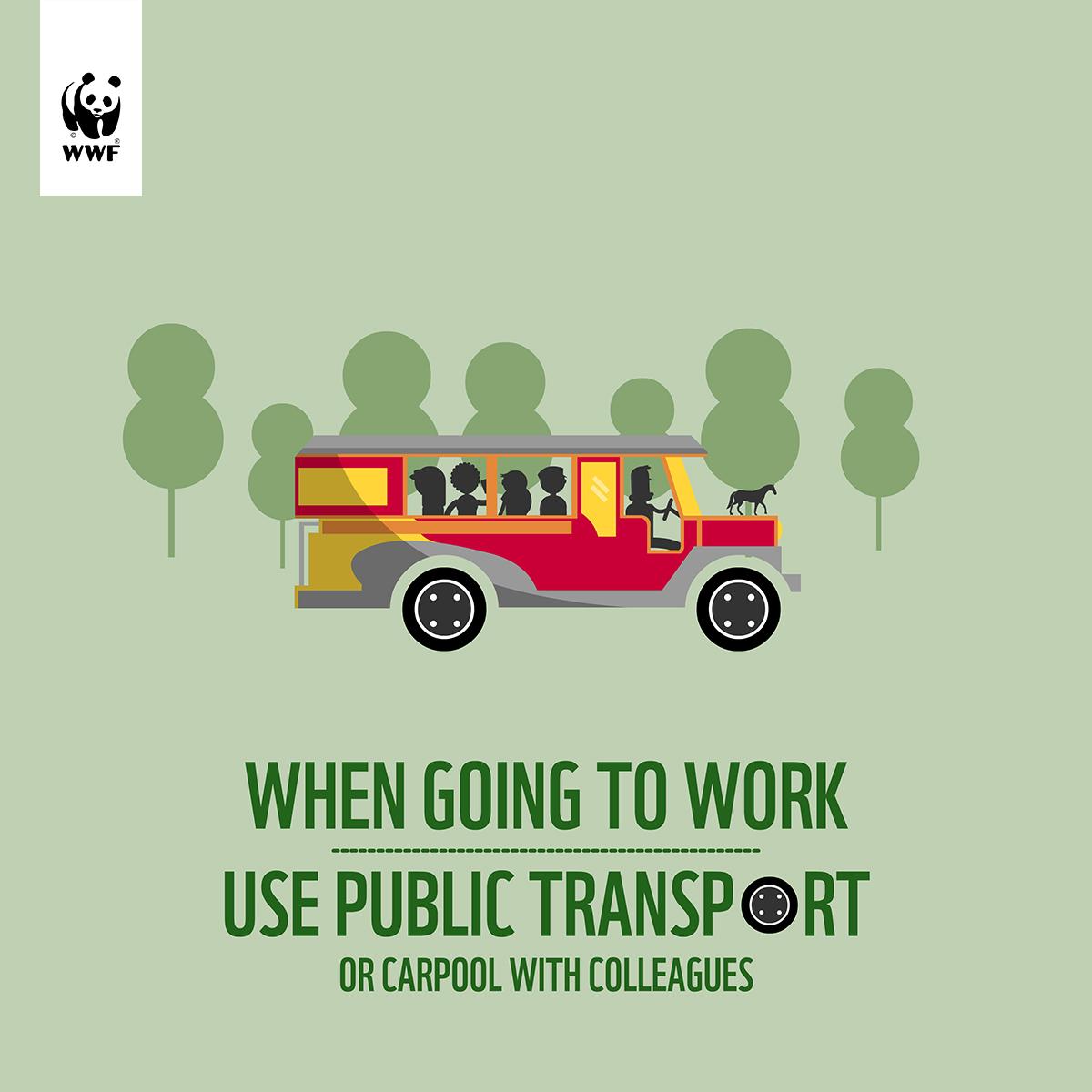Practice Zero Waste Lifestyle Everyday
January 2020
The month of January has been declared as the National Zero Waste Month through a proclamation made by the former President of the Philippines, Benigno S. Aquino III. National and local government units, agencies, and other sectors are encouraged to participate in programs and activities to support the Ecological Solid Waste Management Act of 2000 (Republic Act No. 9003), which aims to promote environmental awareness and action among Filipinos and establish public participation in the development of national and local integrated, comprehensive and ecological waste management programs.
“Zero Waste” is an advocacy campaign that aims to guide people in changing their lifestyles and practices towards sustainable systems in an ethical, economical, and efficient way, and to ensure that wastes become valuable for other uses. This involves systematically designing and managing products and processes to lessen the volume of waste produced, to eliminate toxicity in resulting waste, and to conserve and recover resources.
The Sustainable Diner Project, implemented by the World Wide Fund for Nature (WWF) Philippines, supports the Philippine government and the foodservice sector in developing and establishing a low carbon industry and in minimizing its ecological footprint through sustainable strategies, approaches, and policy recommendations. The Zero Waste advocacy campaign will help raise consumer awareness not just on sustainable dining, but also on the other sustainable lifestyle switches Filipinos can do through simple and doable steps that they can practice every day, anytime and anywhere.
When at Home

People spend most of their time at home resting, spending quality time with their families, and doing other essential activities such as preparing food, cooking, eating, and many others. It is important to take the necessary actions and to develop sustainable habits in order to conserve electricity and water.
When at School

Buying food outside can result to a lot of packaging and plastic waste produced in a day. Make it a habit to always bring a reusable water bottle, food containers, and utensils— these simple and cost-efficient practices are beneficial in maintaining good health, protecting the environment, and saving money.
When Going to Work

Daily transit from our homes to our workplaces contribute to an increase in carbon emissions and worsening air pollution, as most transportation options rely heavily on petroleum. Be a more mindful commuter by using alternative modes of transportation such as biking, walking, carpooling, and using public transportation to reduce greenhouse gas emissions. It’s not only fun - it’s also good for your health and it will also help you save money.
When Shopping

Excess use of and reliance on unnecessary packaging when shopping contributes to the large amount of waste generated every day. Learn to refuse and say “no” to additional plastics and paper bags. Shop mindfully by always bringing your reusable eco-bags.
When Dining Out

Eating out is a convenient option for most Filipinos, especially those living more fast-paced lifestyles. It saves them time from having to shop, prepare, and cook meals in order to satisfy their hunger. When eating out, ordering what we can only consume will greatly help in lessening food waste. If there are any leftovers, always choose to take them out and bring them home.
When Traveling Around

Do not leave your trash and make sure to have them disposed properly when traveling and exploring the great outdoors. Pick up any trash that you see, and dispose it properly by throwing it in the correct garbage container.
For more information, please contact:
Ms. Melody Melo-Rijk
Project Manager
mmelorijk@wwf.org.ph
For media arrangements, please contact:
Ms. Lorayne Roque
Sustainable Consumer Specialist
lroque@wwf.org.ph
Ms. Pamela Luber
Integrated Communications Manager
pluber@wwf.org.ph
